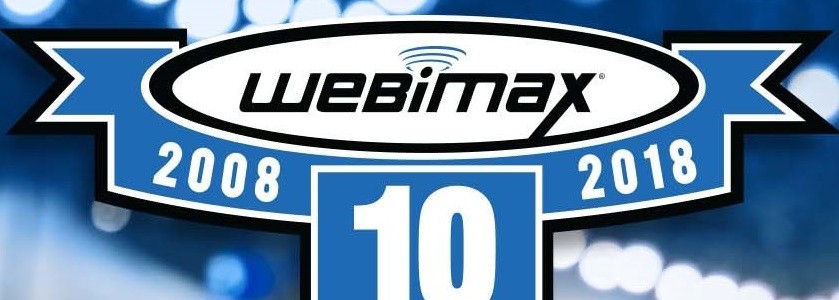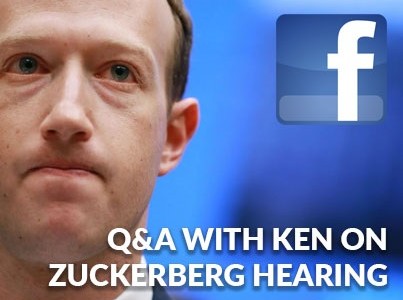We at WebiMax are proudly celebrating our 10th anniversary in 2018. Over the last decade, WebiMax has grown to become one of the top online marketing companies in the United States. I sat down with WebiMax Writer & Reporter Pat Donohue and discussed WebiMax’s growth and success since its inception in 2008, as well as […]
Category Archives: Uncategorized
“Show Me The Proof That Facebook Is To Blame In Cambridge Hack”
Facebook is a merely a “conduit” and it’s “hard to say” that the social media platform is solely to blame for the data breach that saw 87 million accounts exposed to Cambridge Analytica. That’s the stance of Ken Wisnefski, founder, and CEO of digital marketing agency WebiMax, and he’s withholding judgment until someone can show […]
Ken Wisnefski Pens Article on Snapchat’s IPO for Financial New Site TheStreet.com
From the agency standpoint, Snapchat’s ad platform hasn’t evolved itself enough to have value to anyone except very large brands that can afford to spend more purely on branding than actual return. It is reminiscent of Twitter, which could never find the magic of an ad serving platform that worked to generate returns for advertisers, […]
Has the NFL Jumped the Shark?
There is always that defining moment in a TV series when fans watch an episode and have to say, “Wow…what the heck is happening here?” Like when Pam and Jim finally got married on The Office or that episode of Happy Days when Fonzie literally jumped over a shark on a jet ski, hence starting […]



